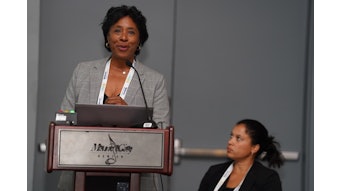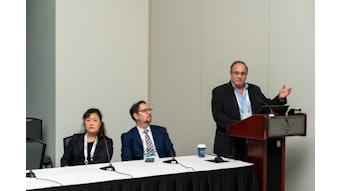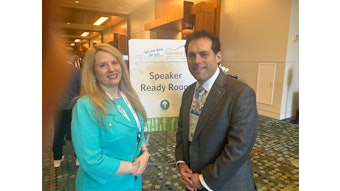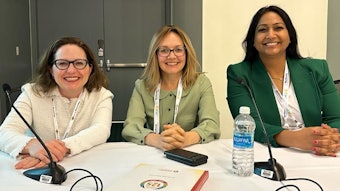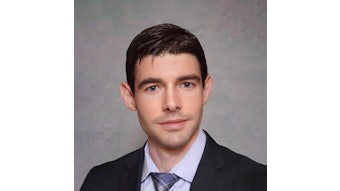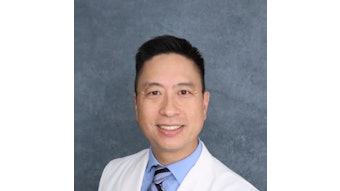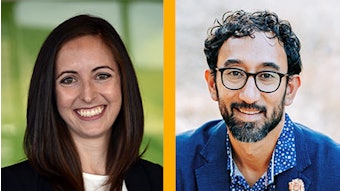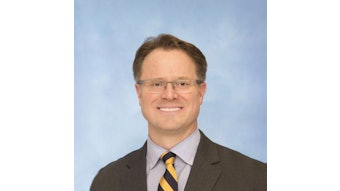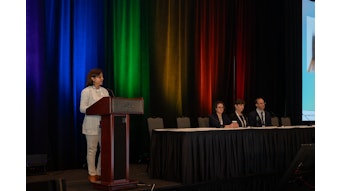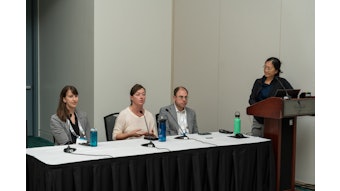Getting Your Academic Career into High Gear
Taking your academic career to the next level requires some entry-level thinking.
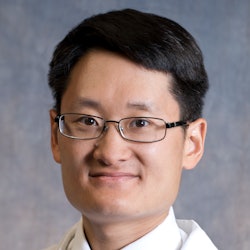
For young physicians just starting out, getting into the world of academia can seem like a daunting challenge.
Jeffrey Liu, MD, Associate Professor of Otolaryngology and Head and Neck Surgery at the Lewis Katz School of Medicine at Temple University and Fox Chase Cancer Center in Philadelphia, Pennsylvania, said it’s a tough situation that young physicians face every year.
“It’s the question of how do you get yourself known in the academic space and get yourself visible,” he said.
There are some tips and tricks that Dr. Liu will highlight – along with Daniel C. Chelius, Jr., MD, pediatric otolaryngologist at Texas Children’s Hospital in Houston, Texas; Cristina Baldassari, MD, Professor of Otolaryngology at Children’s Hospital of the King’s Daughters in Norfolk, Virginia; and Samantha Anne, MD, Otolaryngology Specialist at the Cleveland Clinic in Cleveland, Ohio – during Monday’s session, “Practical Tips to Kickstart Your Academic Career.”
One of the first things young physicians need to do, according to Dr. Liu, is get active in their specialty. In this case, that means being part of the American Academy of Otolaryngology– Head and Neck Surgery.
“It’s a great place to start your career, being active in the Academy,” he said. “That means being seen at our specialty society, getting on Academy committees, and being part of the national citizenship. We’re encouraging everyone to volunteer and get yourself out there.”
The next step, according to Dr. Liu, is getting involved in research and learning how to choose your focus, how to get started, and how to establish yourself within a research space. He said that the best way to begin is by gravitating toward subjects that interest you.
“Early on I think one should explore one’s passion and interests,” he said. “Doing research that you’re not interested in is always a huge challenge, so work on something that gets you excited.”
The area where you work – either geographically or medically speaking – can also determine the path your research might take.
“You should look to your environment and figure out what kind of research is feasible and is likely to be successful,” Dr. Liu advised. “If you’re in a practice that doesn’t see a lot of skin cancer, for example, then focusing on skin cancer would not likely be a good choice.”
Young physicians should not expect their research journey to happen all at once with a massive project.
“It’s a non-linear journey,” Dr. Liu said. “Your research success starts with getting something off the ground. It’s a series of small projects that build toward a goal. A non-linear journey is part of the pathway to success.”
He affirms that another part of that pathway is maintaining a healthy work-life balance. All the panelists have two or three children (he has two) and will offer tips on how they have navigated balancing family commitments with their academic responsibilities.
“It’s about time management,” he said. “And how to partner with your spouse using shared calendars and outsourcing some of the responsibilities at home – such as paying for a nanny or someone to clean your house when you don’t have time.”
Dr. Liu concludes that ultimately young physicians need to realize that becoming a success is a long journey that takes time and work.
“When you see successful people, it’s easy to get the impression that they sprang fully formed with a straight line from where they came from to success,” he said. “I think it’s important to be honest and forthright in talking about the journey to that success. It’s not a straight line: Sometimes it’s time to push in your work, while at other times it’s time to focus on your family and take a break.”
